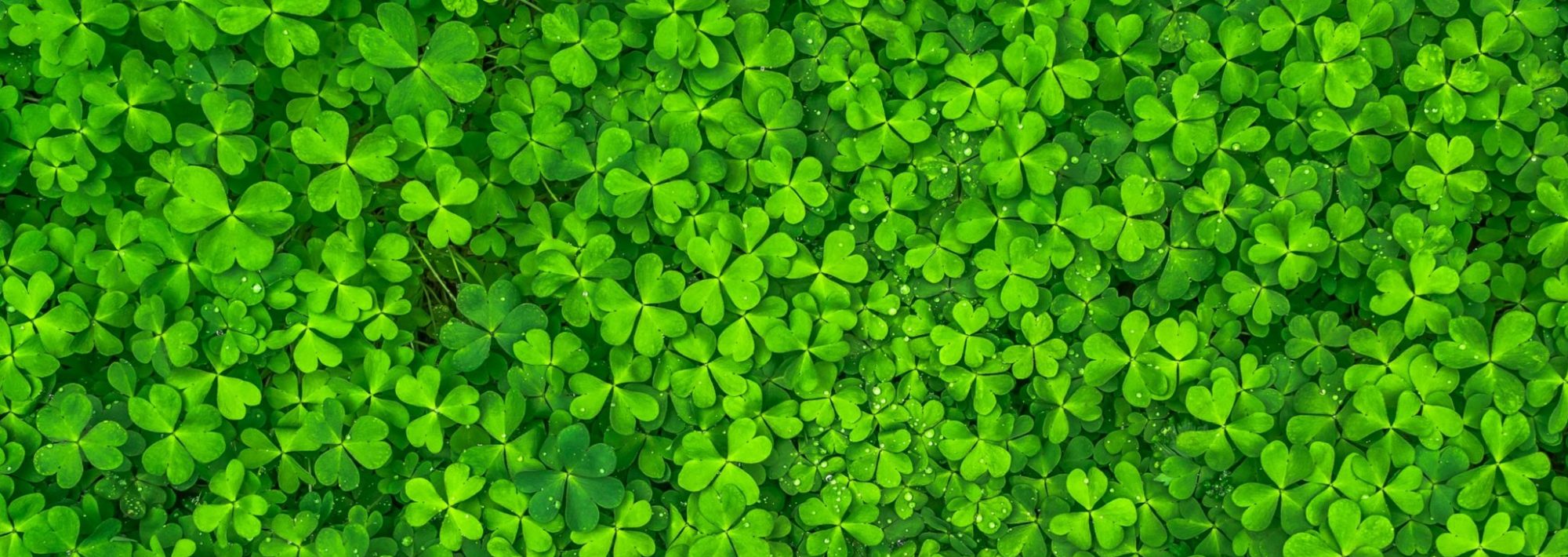Gatsby’s Green Light
Re-read the ending of The Great Gatsby, which seems to me to be one of the best examples of poetic prose (though I had an English professor object when I used the phrase “poetic prose” in class discussing another author, as if it were an inappropriate juxtaposition of terms). To me poetic prose just means vocabulary and syntax that is so finely crafted that it is almost lyrical.
The ending suggests some of the melancholy about U.S. history and the individual fate of Jay Gatsby in this novel. Charles Dickens was famously revolted by what he saw in the U.S. during his reading tour in the 1840s, particularly slavery in the South. Dickens’ reaction comes to mind toward the end of Fitzgerald’s work as his narrator imagines European explorers arriving on the continent: “For a transitory enchanted moment man must have held his breath in the presence of this continent, compelled into an aesthetic contemplation he neither understood nor desired, face-to-face for the last time with something commensurate with his capacity for wonder.”
The narrator Nick Carraway had glamorized Gatsby as a romantic idealist while also warning him about his attempt to win back a youthful romance now married to another man. Carraway reflects on what I consider a combination of eros, energy, and envy that is all too often true in many people’s lives, using the symbol of a green light on Daisy and Tom Buchanan’s dock for the envy Gatsby felt. “And as I sat there brooding on the old, unknown world, I thought of Gatsby’s wonder when he first picked out the green light at the end of Daisy’s dock,” Carraway says as the novel nears its end. “Gatsby believed in the green light, the orgastic future that year by year recedes before us.”
The novel concludes: “It eluded us then, but that’s no matter — tomorrow we will run faster, stretch out our arms farther…And one fine morning — So we beat on, boats against the current, borne back ceaselessly into the past.” The final sentence is the epitaph on Fitzgerald’s tombstone in Maryland.
